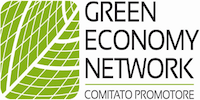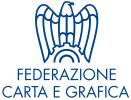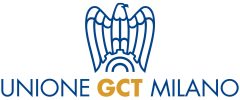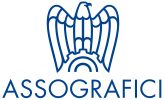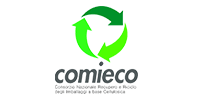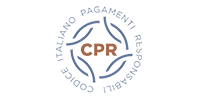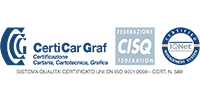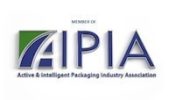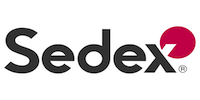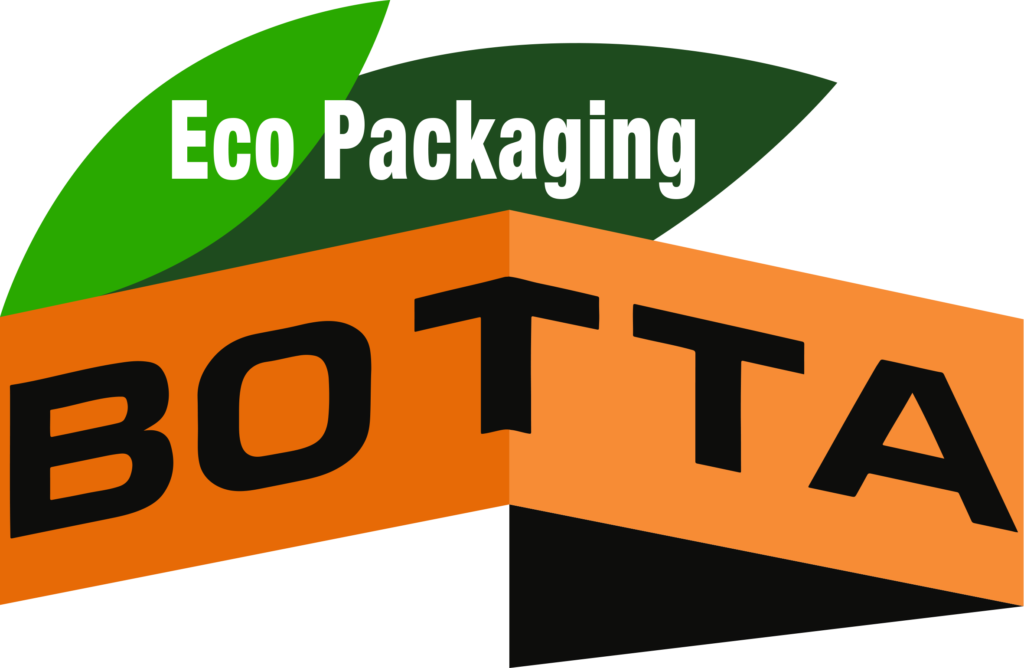The future of the label-less movement: A sustainable transformation in EU regulation
EU regulations on packaging can seem complex, but they are crucial for consumer awareness and environmental protection. These regulations address recycling symbols and sustainability. The question is: is it possible to further promote the label-less movement in the EU to optimize and reduce packaging use?
EU regulations and challenges in the packaging industry: A delicate balance
European packaging regulations aim to protect consumers and promote environmental sustainability. Key requirements include clear labels for recycling and disposal, restrictions on materials to encourage recyclable and biodegradable choices, and the provision of essential product information in multiple languages. On one hand, these regulations ensure that consumers are adequately informed, and that packaging is recyclable; on the other hand, they present significant challenges for companies. Compliance can lead to increased costs due to the need for specific materials and the adoption of multilingual labelling. Furthermore, the complexity of meeting the varying regulatory standards across different EU countries adds to the burden for businesses.
Transition to label-less packaging
Innovative solutions like iQRcode™ offer an effective way to comply with regulations while reducing packaging waste. By integrating essential information into a scannable code, companies can minimize the use of physical labels, streamline recycling processes, and lessen their environmental impact. This approach not only aligns with regulatory goals but also supports the label-less movement, promoting sustainability and packaging efficiency.
Companies embracing innovation in label-less packaging
An increasing number of companies are adopting innovative solutions to simplify recycling and make packaging more sustainable. A notable example is the introduction of integrated cups on bottles, a clever way to ensure that every component stays attached, facilitating collection and recycling [1]. But it doesn’t stop there: companies are also developing label-less packaging directly printed on the surfaces of products. These initiatives not only address a growing demand for sustainability but also embody an exciting trend in the industry aimed at reducing waste and enhancing recyclability through cutting-edge technological solutions.
Coca-Cola at the Forefront of Streamlining Recycling
Coca-Cola is making a mark in sustainability with an ambitious experiment called “Naked For Now”, which involves removing all labels from 500 ml bottles of Sprite and Sprite Zero. This initiative aims to simplify recycling and reduce packaging materials, thereby minimizing waste. By replacing traditional labels with a prominent logo on the front and laser-etched information on the back, Coca-Cola has launched a three-month trial to gather valuable feedback. This experiment could herald a new era, paving the way for more Coca-Cola beverages to go label-less. The company has integrated two innovative technologies—fiber laser and embossing—to incorporate branding and information directly onto the bottle, eliminating the need for additional labels [2]. Now, having evaluated the results of this trial, Coca-Cola faces an exciting challenge: to extend the label-less approach to its entire product range, despite potential difficulties. The success of this initiative could not only transform how Coca-Cola manages its packaging but also inspire other companies to follow suit, promoting significant change toward more sustainable packaging in the industry.
Is it possible to meet EU requirements without traditional labels?
EU regulations ensure that packaging is informative and safe, but they often introduce complexity and additional materials that compromise sustainability. Coca-Cola’s “Naked For Now” initiative in the UK represents a proactive response to these challenges, exploring how to comply with regulatory requirements while pushing the boundaries of sustainable packaging. By testing label-free packaging, Coca-Cola is questioning the possibility of meeting EU regulatory requirements without relying on traditional labels. This experimentation could provide important insights for companies on how to innovate within the constraints of existing regulations. Additionally, it could influence future regulatory adjustments, paving the way for more sustainable packaging solutions.
The iQRcode™ solution
An effective response to the challenges of label-free packaging and compliance with EU regulations is our iQRcode™. This solution simplifies adherence to environmental labelling across the European Union while strengthening the connection with consumers. Our iQRcode™ addresses the difficulties of label-free packaging and ensures compliance with European regulations. It automatically updates all product labels to meet the latest requirements in various languages, reducing the needs for physical labels and minimizing waste. This innovative technology ensures compliance, lower costs, and enhances consumer engagement by providing easy access to product details and sustainability information through scannable codes. While label-free packaging may limit marketing space, this can be offset by printing logos directly on the container. Additionally, the iQRcode™ can integrate all the information traditionally found on labels, offering consumers a more interactive and informative experience.
Take the next step: visit our website to discover how the iQRcode™ can revolutionize your packaging solutions and help you stay ahead of regulatory requirements.
References:
[2] https://www.coca-cola.com/gb/en/brands/sprite/label-less


